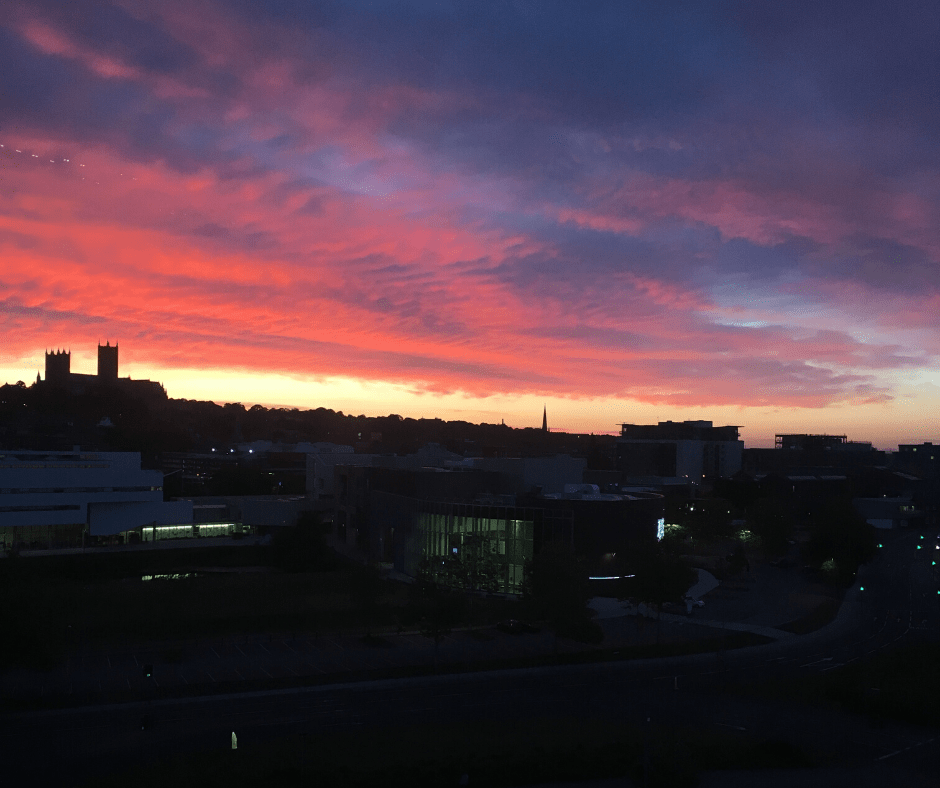Hi, I'm Sonali! I am a final year student studying a MChem Chemistry degree at the University of Lincoln. In my spare time I like singing, writing my own songs and playing badminton. I am also passionate about raising money…
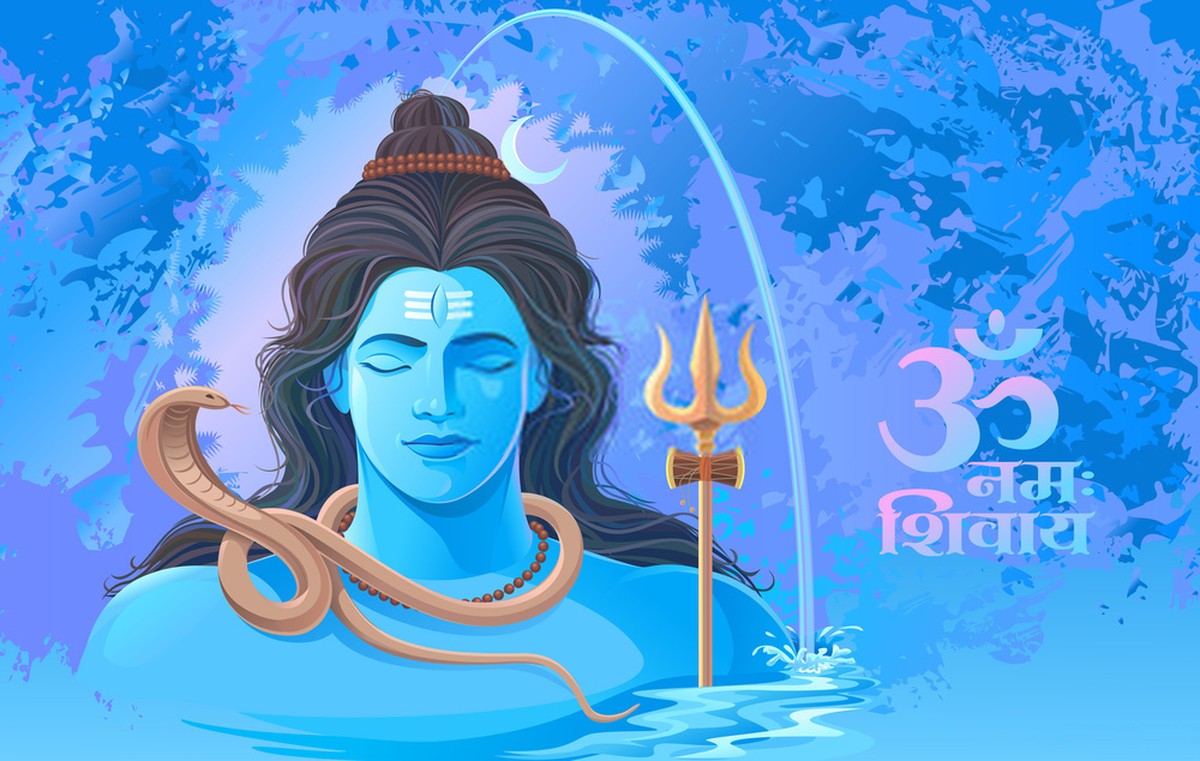
What is Mahashivaratri?
Mahashivaratri is a Hindu festival and is celebrated each year in honour of the God Lord Shiva. In Sanskrit Mahashivaratri means “Great night of Lord Shiva” on this night Lord Shiva performs his special dance known as the ‘Tandav’ which is a dance of creation, preservation and destruction. It is the most important sectarian festival of the year for devotees of the Hindu God Lord Shiva.
This day falls in the month of Phalguna as per the North Indian Hindu calendar and in Magha on Chaturdashi Tithi (The 14th day of the waxing phase of the moon) during Krishna Paksha (A period of 15 days that commences on the day of the full moon (Purnima), culminating on the day of the new moon (Amavasya) as per the South Indian Hindu calendar. As per the English calendar, Mahashivaratri is observed in the month of February or March.
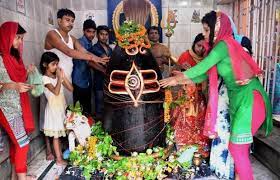
Why is Mahashivaratri Celebrated?
Mahashivaratri is a major Hindu festival and marks the remembrance of overcoming darkness and ignorance in life and the world. On this day devotees of Lord Shiva observe a long day fast, remain awake all night and perform a puja (prayers) to celebrate the auspicious occasion of Mahashivaratri. From the birth of Lord Shiva to the legend of Neelkanth (blue throat) and marriage with Goddess Parvati there are several stories and beliefs on why Hindus celebrate Mahashivaratri.
- After the death of Sati (one of Lord Shiva’s wives and a daughter of the sage Daksa), it is believed Lord Shiva went into deep meditation. Sati reincarnated as Goddess Parvati and therefore Mahashivaratri marks the union of Lord Shiva and Goddess Parvati on the 14th day of the dark, fortnightly in the month of Phalguna.
- It is also believed that Lord Shiva performed the special dance (the Tandav) of preservation creation and destruction on this night.
- Some believe Mahashivaratri is a thanksgiving ceremony, where this story talks about a time when Lord Shiva saved the world. He drank and held the poison that emerged from the ocean during Samundra Manthan (the churning of the ocean) in his throat instead of swallowing it which turned his throat blue and the name originated as Neelkantha.
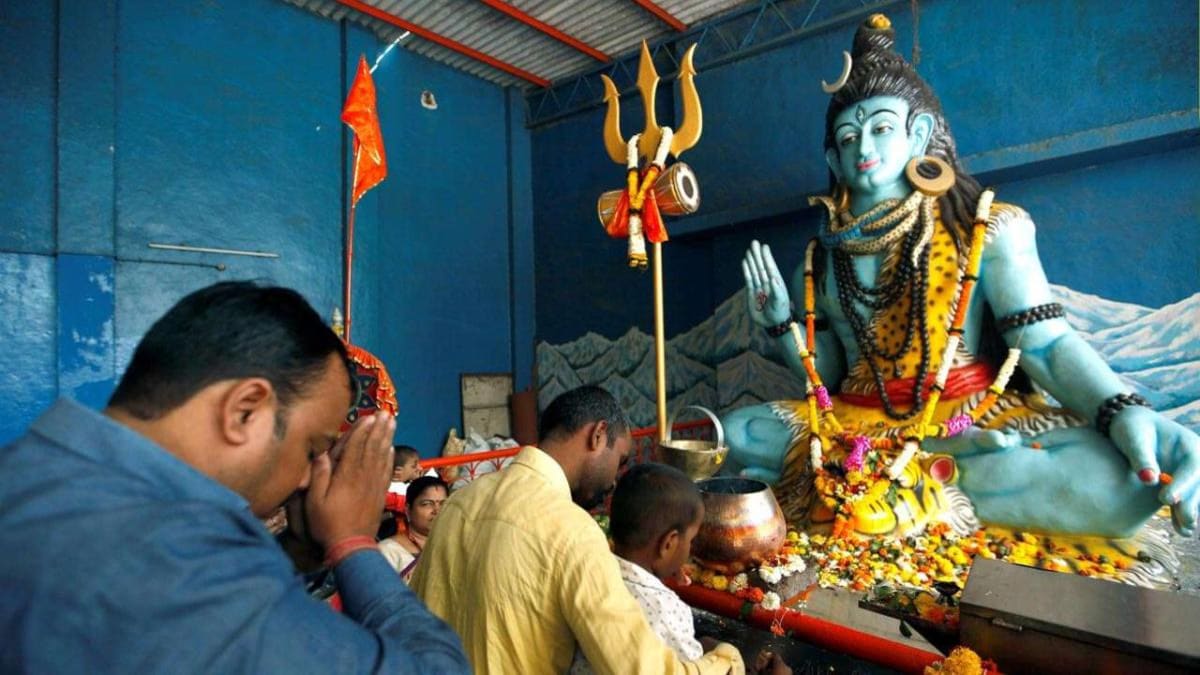
People praying to Lord Shiva. 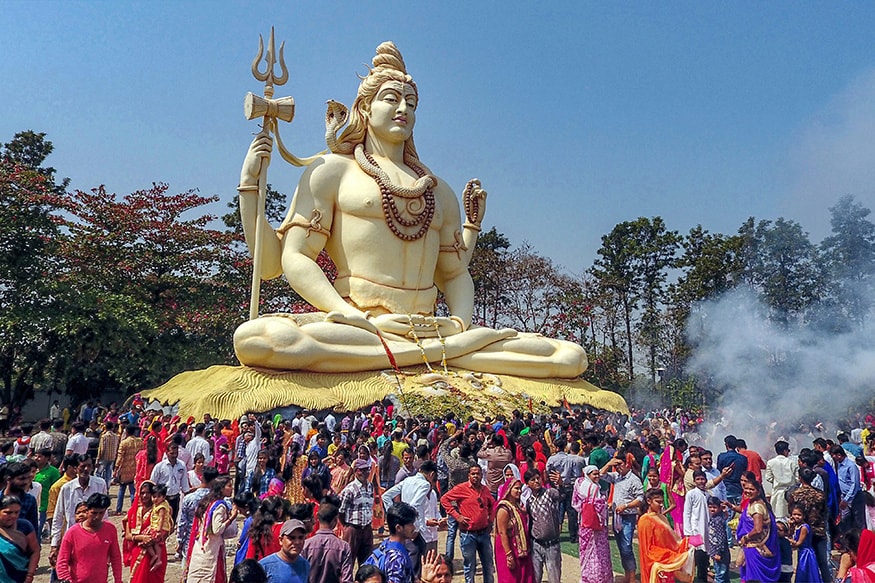
Mahashivaratri celebrations in India.
This year Mahashivaratri will fall on Tuesday 1st March and it is celebrated throughout India and among the Hindu population in Nepal and the west indies. The Hindu calendar holds a lot of significance and the stories behind them vary from different communities and regions.




